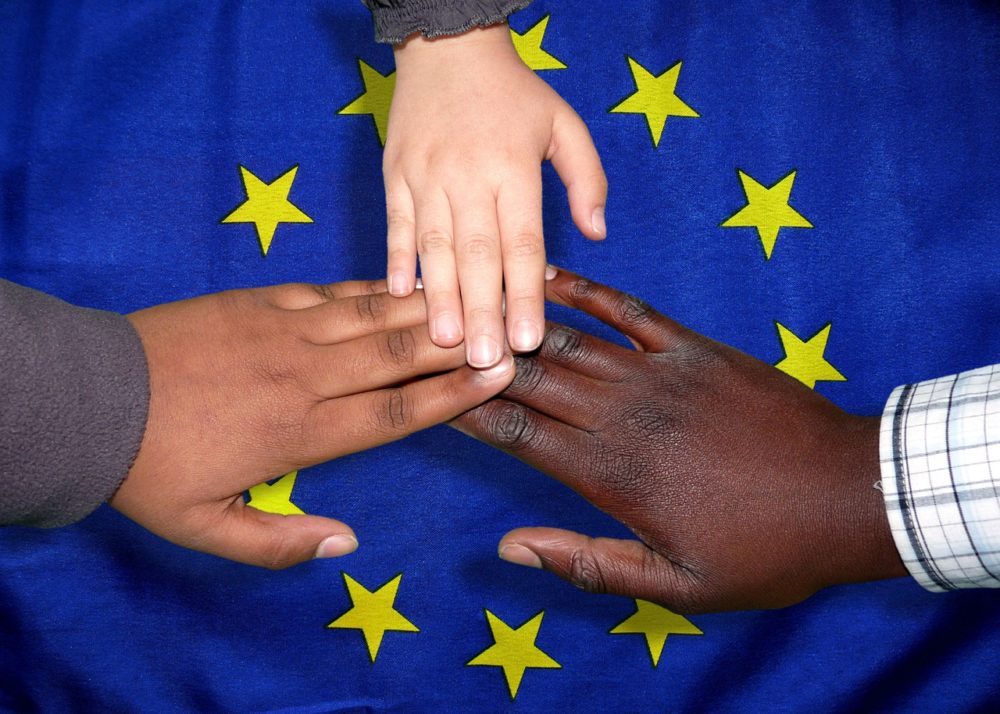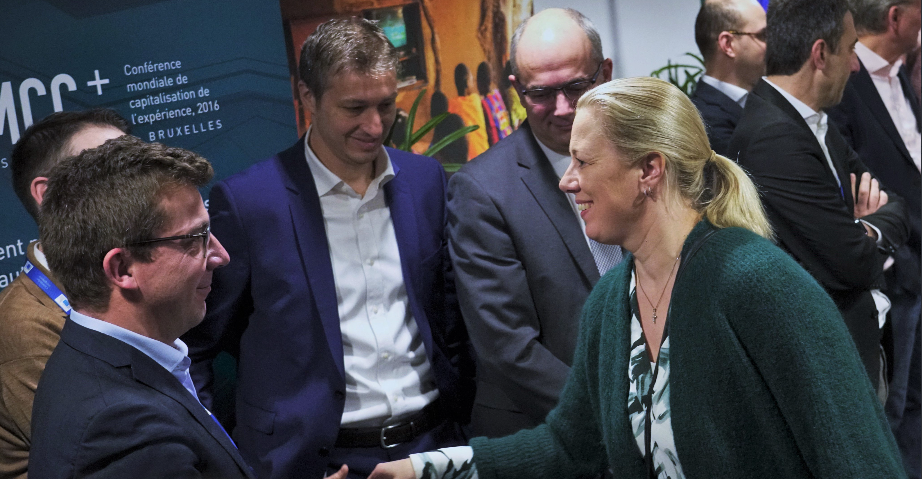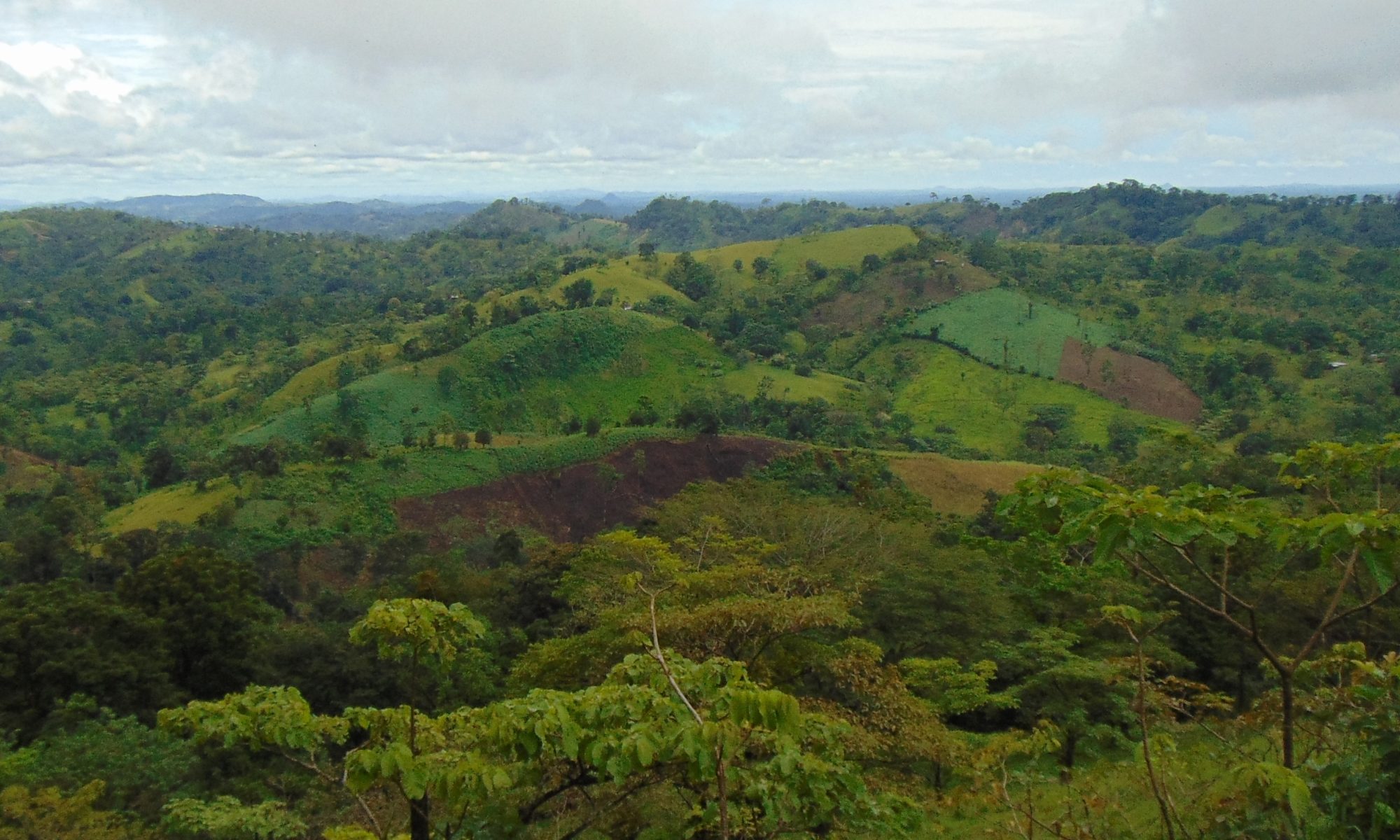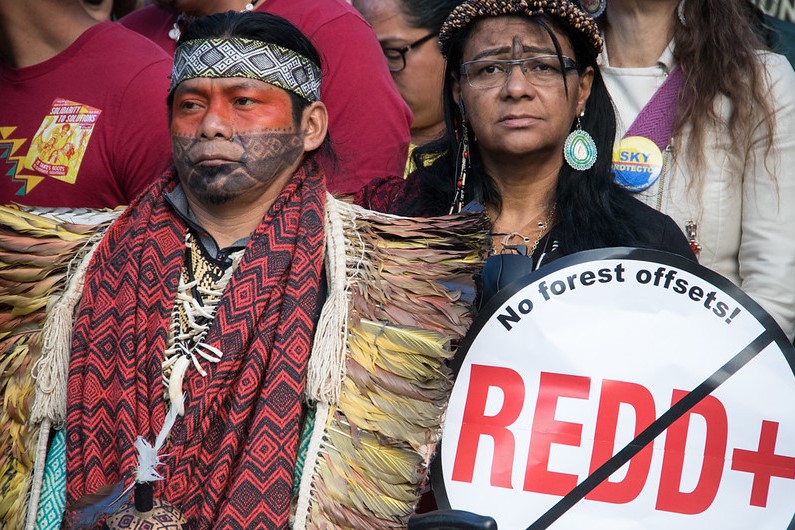By Juan Fernández
Impact investing is on the rise. This is mainly fuelled by the rising public awareness on the societal and environmental impacts of investments – in both the positive and the negative sense. A 2020 report by the International Finance Corporation (IFC), estimates the size of the impact investing market between $505 billion and $2.1 trillion in managed assets. Continue reading “Social Impact Bonds: Doing real good or a wolf in a sheep’s clothing?”





